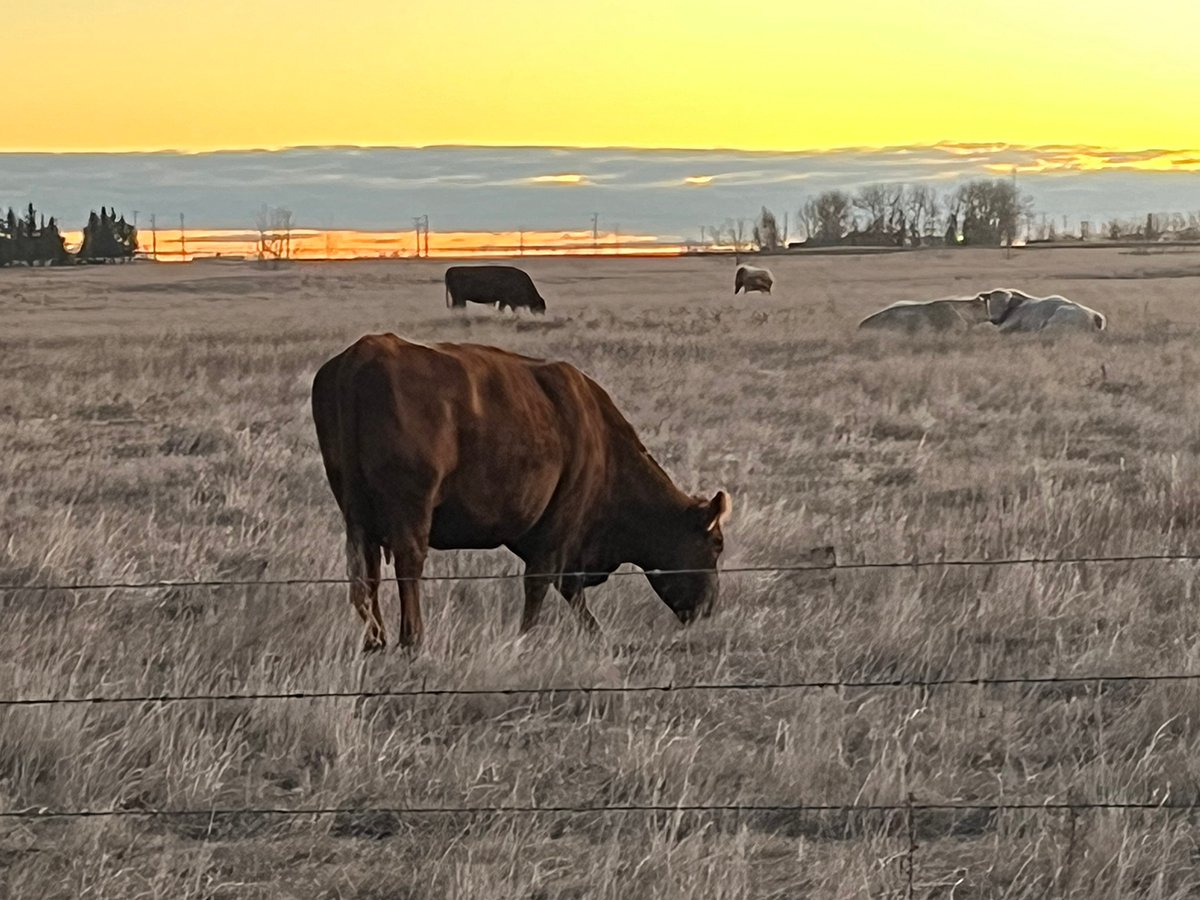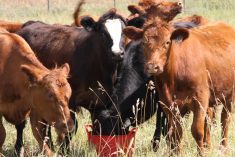BANFF, Alta. – When Ken Maki sold his 900-pound yearlings for $58.50 per hundredweight last week, it made the Montana cattle producer wonder if things could get worse.
“You might say we gave them away,” he said.
American producers like Maki, suffering the pain of low commodity prices, are looking for someone to blame.
As president of the Montana Farmers Union, Maki wants people to talk their way out of the current situation at state lines where Canadian trucks are being stopped and examined for diseased wheat or livestock carrying evidence of banned drugs.
Read Also

Animal protection delivery to change in Saskatchewan
The Saskatchewan government is looking for a new agency to handle animal welfare after Animal Protection Services of Saskatchewan decided not to renew its contract next year.
He hopes cooler heads prevail because violence and emotion won’t resolve the financial woes farmers in the northern states attribute to the North American Free Trade Agreement.
On the other hand, barley grower Dan Miltse, of North Dakota, figures Canadians are getting what they deserve.
He and Maki believe NAFTA has never benefited the northern plains states. They are dismayed that Washington turns a blind eye to what they see as Canadian trade violations.
Miltse said he hopes actions at the border will awaken politicians in Washington.
During a trade summit in Banff, he said the border checks reciprocate the same kind of inspections that Canada performs.
Miltse said grain going north is subjected to inspections for fungal diseases that don’t exist in his state. Barley going through Canada is checked for flea beetles, TCK smut, karnal bunt and flag smut. The grain trucks are double sealed in the United States and shipped through Canada with the ultimate destination being California.
“We play by the same rules. We never enforced them. Now we are,” said Miltse, who is also a member of the National Barley Growers Association.
Not playing fair
These farmers said they can’t ship grain or cattle into Canada as easily as Canadians can sell into the U.S.
Northern states also accuse the Canadian Wheat Board of selling wheat and barley into the U.S. and displacing American product.
“We don’t need their wheat or barley because we have a surplus of our own,” he said.
Jackson Gardner, Alberta’s trade representative to the Pacific Northwest, said poor commodity prices on both sides of the border have created tension. Gardner represents the Alberta agriculture department in Vancouver, Washington. He doesn’t expect the dispute to spill over to Washington because that state relies more heavily on free trade with Canada.
“I would be very surprised if there was any similar action taken in Washington or Oregon. The beef plants, particularly in Washington, are dependent on cattle moving in from Alberta and B.C. to supply their facilities,” he said.
“The market forces should prevail and should not be interfered with by unilateral bans on certain drugs, which are being debated as to the accuracy of their allegations.”















